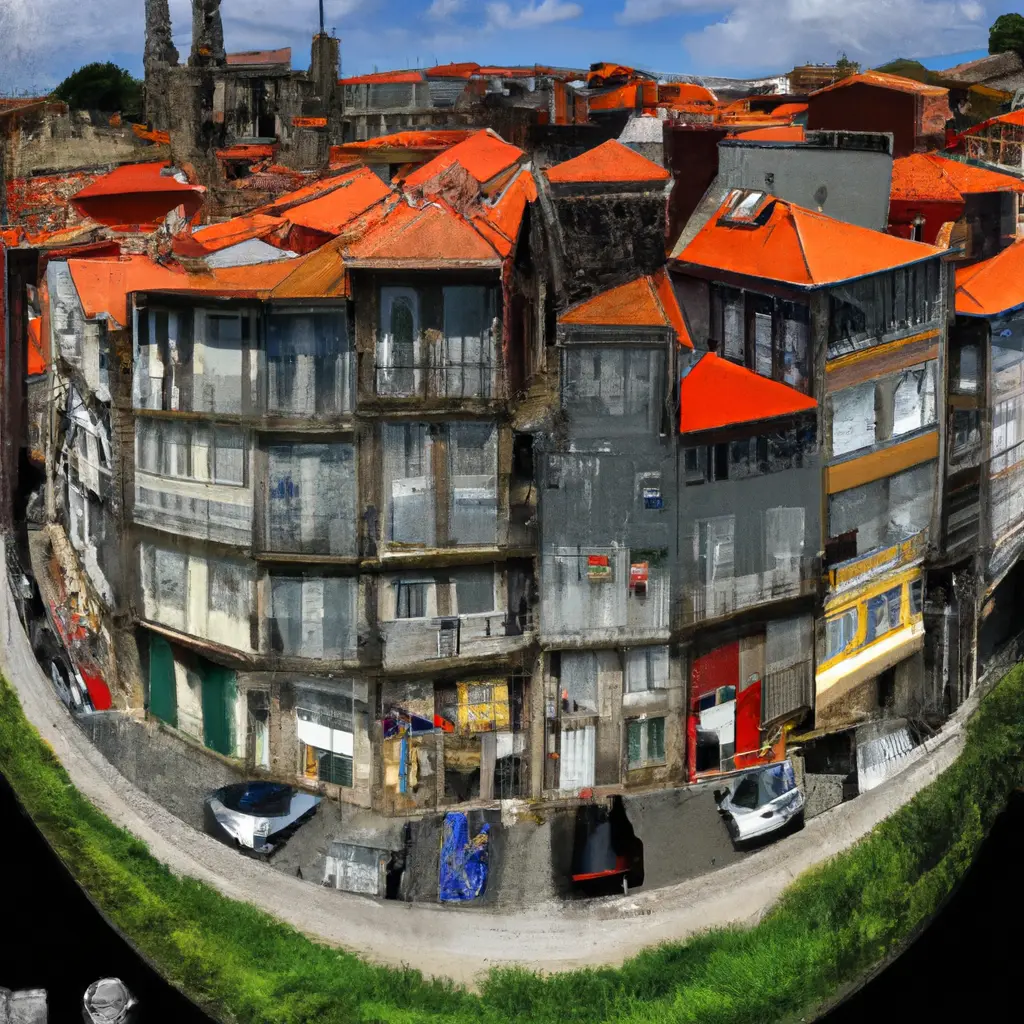In Portugal, there are fewer homes for sale: why are they not building more?

"In Portugal, there hasn't been so little available housing in15 years: by the end of2022, there were only about47,200 houses available for sale. However, the demand for real estate remains strong."
The first obstacle: licensing.
From the moment a decision is made to build a property until its completion, many years can pass. Bureaucracy discourages investors from putting money into real estate. "Licensing processes are slow and can become the 'Achilles' heel' of real estate development," says Bento Aires, president of the Engineering Chamber - Northern Region. He suggests simplifying the licensing process or starting to develop preliminary studies to encourage private individuals. While projects are stuck in municipal offices, the implementation of investments can be seriously complicated. An example of this is last year when war and inflation led to rising prices for construction materials. "The market operates in long-term cycles. A lot of time can pass between the moment it becomes clear that there is insufficient supply and the start of construction. The main obstacle to activity is bureaucracy and licensing," emphasizes Ricardo Guimarães, director of Confidential Real Estate. Even the government, acting in its own interests, bears some blame, concludes civil engineer Carlos Mineiro Aires: "In the housing promoted by the government, everything is done through public contracts. There is a bureaucratic network and disputes. If one of the participants in the competition challenges the award, the process can take a year."
The second obstacle: profit margin.
Many real estate projects that have emerged in recent years are aimed at the upper or luxury segment. And there is a reason for this: the profit margin is more attractive to investors. "Private investors do not invest their money in the middle segment because the profit margin is small," says Carlos Mineiro Aires. But even in projects aimed at the middle class, demand is very high. "Those entering the market quickly sell their properties.
The third obstacle: the context of uncertainty.
In the real estate sector, there are several factors contributing to uncertainty. A shortage of labor, rising prices, and a lack of construction materials are making the cost of building more expensive. "There have been many periods of shocks and tensions that investors face, which cause them concern. Real estate is a risky business," insists Ricardo Guimarães. But there is another determining factor: with rising interest rates, stricter financing rules from banks, and a loss of purchasing power, it is becoming increasingly difficult for families to buy a home. "Today, it is not a given that a middle-class family will be able to secure financing and buy a home at current prices," emphasizes Bento Aires. In this situation, it is important to consider another aspect: those who own property and were thinking of selling it are now having second thoughts, which also reduces supply. "It is expected that owners who planned to sell their property at this time are having doubts. Because, at the same time, income and the growth of property value are among the few safe ways to combat inflation," adds Ricardo Guimarães.
The fourth obstacle: small buildings.
The principle of economies of scale states that the larger the production, the lower the average price. This can also be applied to real estate construction. In Portugal, most buildings have a small number of floors and apartments per floor. This makes investments less attractive. Ricardo Guimarães from Confidential Real Estate reminds us that "in Portugal, we do not have a culture of building upwards" and that "increased density contributes to lowering construction costs." In other words, larger buildings could provide more affordable housing. "Increasing density should be done with caution, but it is certainly one way to address the need for more affordable buildings," he concludes.
Comment
Popular Posts
Popular Offers

Subscribe to the newsletter from Hatamatata.com!
Subscribe to the newsletter from Hatamatata.com!
I agree to the processing of personal data and confidentiality rules of Hatamatata














